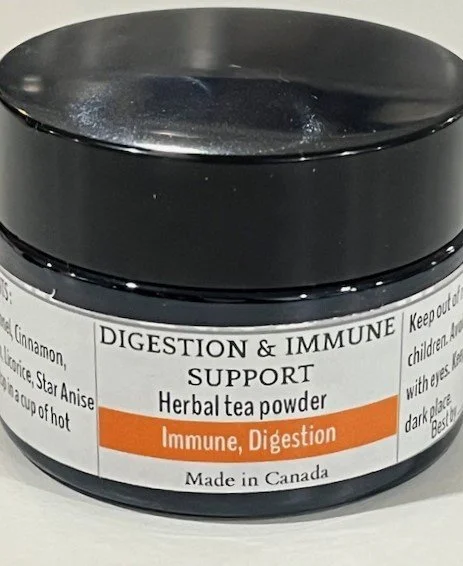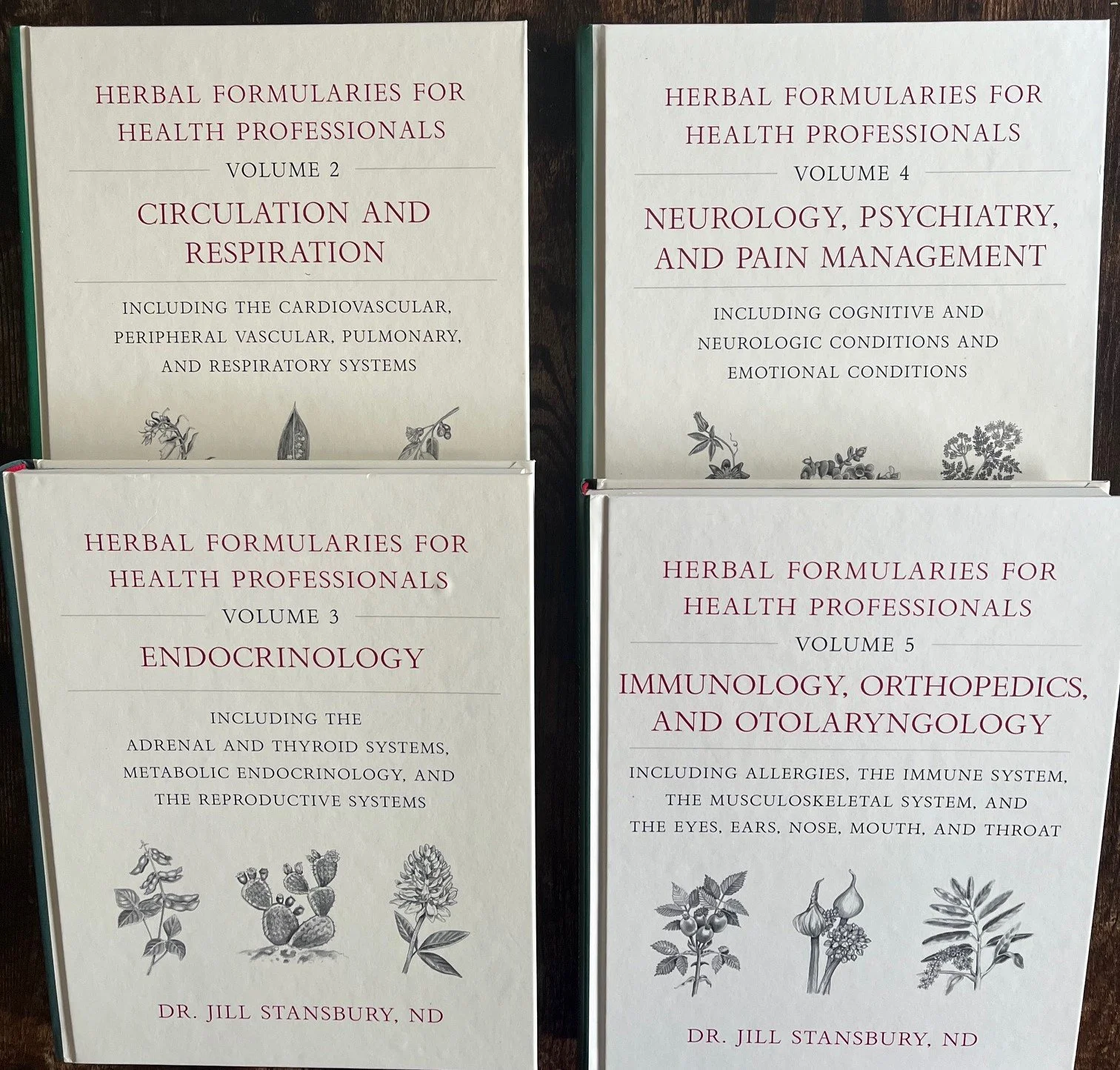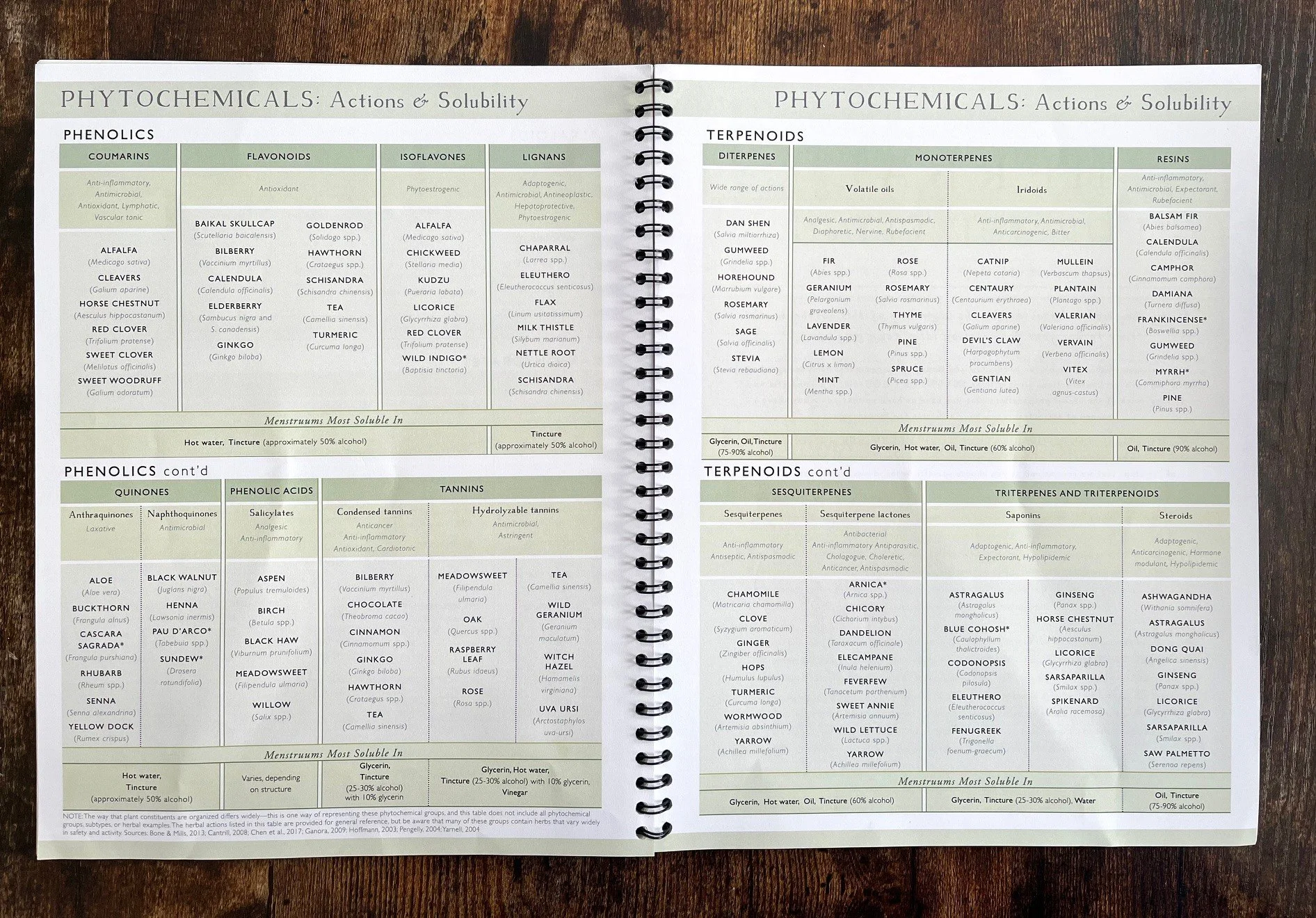ASSESS - SUPPORT - EDUCATE - BALANCE - REVITALIZE -
ASSESS - SUPPORT - EDUCATE - BALANCE - REVITALIZE -
Custom Herbalism
. . . because each individual is unique and requires a personalized approach to treatment
HOW IT ONCE WAS
Herbal medicine often considers the whole person – physical, emotional, and mental – when creating a formula. This means taking into account individual constitution, lifestyle, drug interaction and other relevant factors.
“Thanks again for your amazing work. You’ve helped my family with different health issues: SIBO, leaky gut, cholesterol balance, hot flashes and menorrhagia. We feel you are our greatest secret!
C.D. Ottawa”
Thank you Stefania for the product that I am presently using! I have hearing loss and tinnitus. The personalized tincture (herbal extract) has helped me to tolerate the tinnitus. There are moments during the day when the tinnitus is quiet!
Brava Stefania! L.K. Ottawa
WHAT IS HERBAL MEDICINE
Herbal medicine is the exclusive use of plants to enhance general health and wellbeing. It is made from plants, either the whole plant or sometimes parts of it, for example leaves, flowers, roots or bark. It is the oldest and most widely used system of medicine in the world today. It aims to return the body to a state of natural balance so that it can heal itself.
WHAT IS A CLINICAL HERBALIST
A clinical herbalist has a strong focus on working with people to alleviate symptoms that are causing health concerns and to correct underlying imbalances, mentally, physically and spiritually.
A clinical herbalist use plants whose traditional uses are backed up by modern scientific research and clinical trials. They must have an extensive education in materia medica, herbal sciences, medicine making, and clinical theory, besides building a scientific and research-based program. They must undertake extensive training (at least 800 hours) including anatomy, physiology, pathology, body systems, phytochemistry, pharmacology, herb-drug interactions, Ayurveda and Chinese Medicine .
A clinical herbalist has an understanding potential herb/drug interactions.
Approximately 100-150 herbs covered by actions, pharmacology, and energetics.
A clinical herbalist takes a holistic approach to illness, considering the underlying cause of disease rather than just the symptoms.
HOW DOES A CLINICAL HERBALIST WORK
A clinical herbalist focuses on the client and the cause of their illness rather than the symptoms that they have. The choice of herbs that a practitioner suggests is based on detailed information given to the practitioner by the client and the result of any clinical examination carried out during the consultation. This allows a bespoke, personalized herbal preparation to be created.
How are herbs different from pharmaceuticals?
Most pharmaceutical drugs are single chemical entities that are highly refined and purified and are often synthesized. In contrast, herbal medicines are prepared from living or dried plants and contain hundreds to thousands of interrelated compounds. Science is beginning to demonstrate that the safety and effectiveness of herbs is often related to the synergy of its many constituents.
How long does it take for herbs to be effective?
The success of herbal treatment always depends upon a variety of factors including how long the condition has existed, the severity of the condition, the dosage and mode of administration of the herb(s) and how diligently treatment plans are followed. It can be as short as few seconds or minutes to few days or weeks to correct long-standing issues or imbalances. Difficult chronic conditions can often take months or years to reverse.






